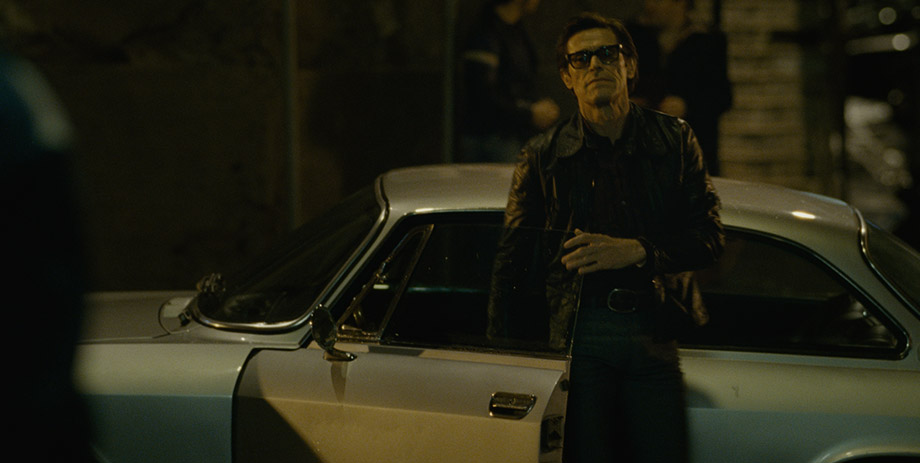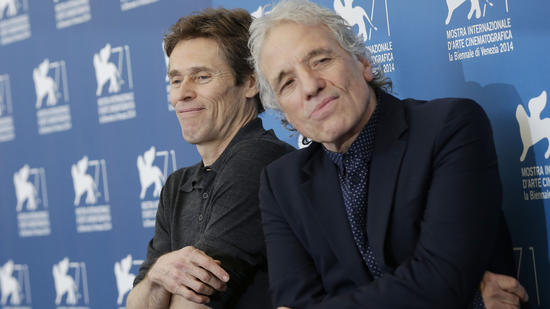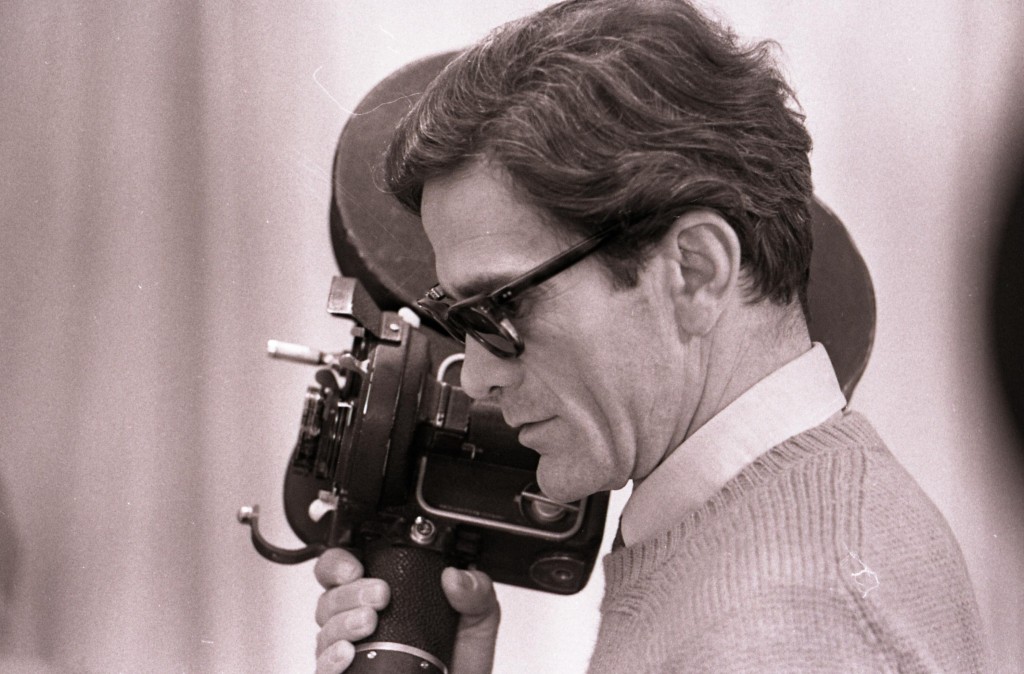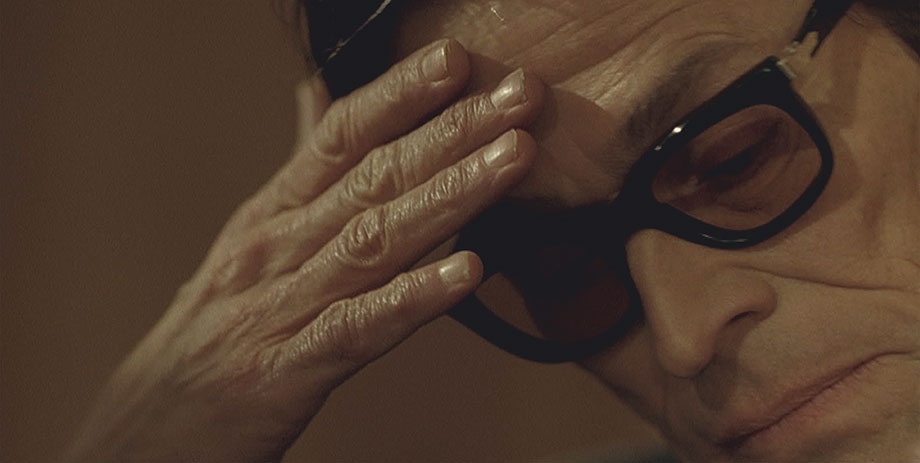Abel Ferrara’s ‘Pasolini’ Premieres

“Mine is not a tale, it is a parable. The meaning of this parable is the relation of an author to the form he creates,” says Ferrara’s Pasolini in a new semi-autobiographic movie starring Willem Dafoe as the famed filmmaker, political agitator, and, according to Alberto Moravia, the most important post-war poet in Italy. This illuminating sound bite from the still controversial Italian cultural figure, Pier Paolo Pasolini, is so important to Ferrara’s recreation that it is repeated twice within the film, which premiered at festivals in Venice, New York, and Toronto in August.

Willem Dafoe, bearing a striking resemblance to the late Pasolini, is surrounded by an almost exclusively Italian cast in the film that was shot on-location in Italy, France, and Belgium. The film was selected to compete for the Golden Lion at the 2014 Venice Film Festival during the last week of August. It also opened at the Toronto International Film Festival in mid-September, and at the 52nd New York Film Festival on October 2nd. The movie is linguistically diverse, listed as debuting in English, Italian, and French. In the film, Dafoe answers questions from an Italian reporter in a mixture of English and Italian.

Ferrara’s caricatured biography closely follows the events leading up to Pasolini’s still unsolved murder in 1975, especially focusing on his final artistic projects, such as the unfinished final opus “Petrolio.” The meticulously researched film also draws from the screenplay Pasolini had begun at the time of his death, reconstructing what the work could have looked like if it had been finished.

The introspective film shows aspects of both the personal and public life of Pasolini, as he is shown struggling with the censors over the movie Salò, pausing for an interviews with journalists, having lunch with his beloved mother, and spending final moments with dear friends and former lovers. The story of the self-proclaimed “inconvenient guest” of modern society is artistically reassembled by Ferrara piece by contradictory piece, yielding a film that captures its subject with both the intrigue and sensitivity that manifests itself in his cultural legacy.
– Molly Rossi
